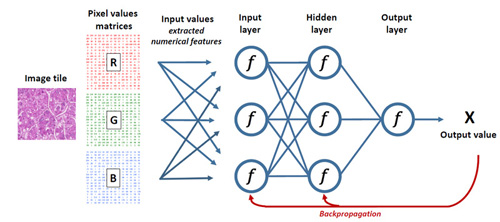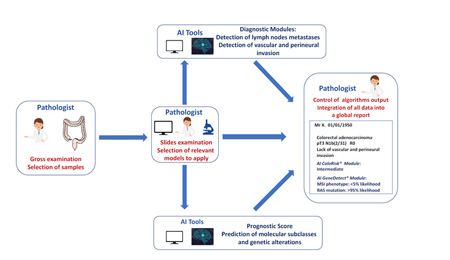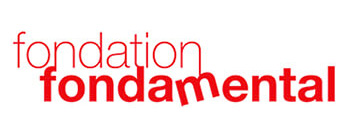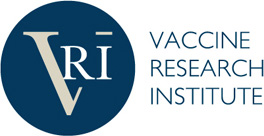Main issues and limitations of the contribution of Artificial Intelligence (AI) for the management of patients with gastrointestinal and hepatic cancers
 Artificial Intelligence (AI) can extract complex information from visual data. Histopathological images of cancers indeed contain a very large amount of information that human observers can only partially understand.
Artificial Intelligence (AI) can extract complex information from visual data. Histopathological images of cancers indeed contain a very large amount of information that human observers can only partially understand.
Thus, AI allows a thorough analysis of digitized histological slides and offers a wide range of clinically relevant applications, such as the identification of prognostically relevant tissue characteristics and the prediction of molecular and genetic alterations.
In a review recently published in the journal Gut, Prof. Julien Calderaro (Department of Pathology, Henri Mondor Hospital and INSERM U955 Equipe Pawlotsky) and Dr. Jakob Nikolas Kather (Uniklinik Aachen, Germany) review the main challenges and limitations of these approaches for the management of patients with gastrointestinal and liver cancers.



